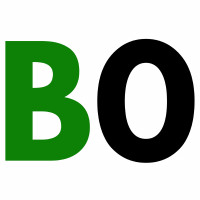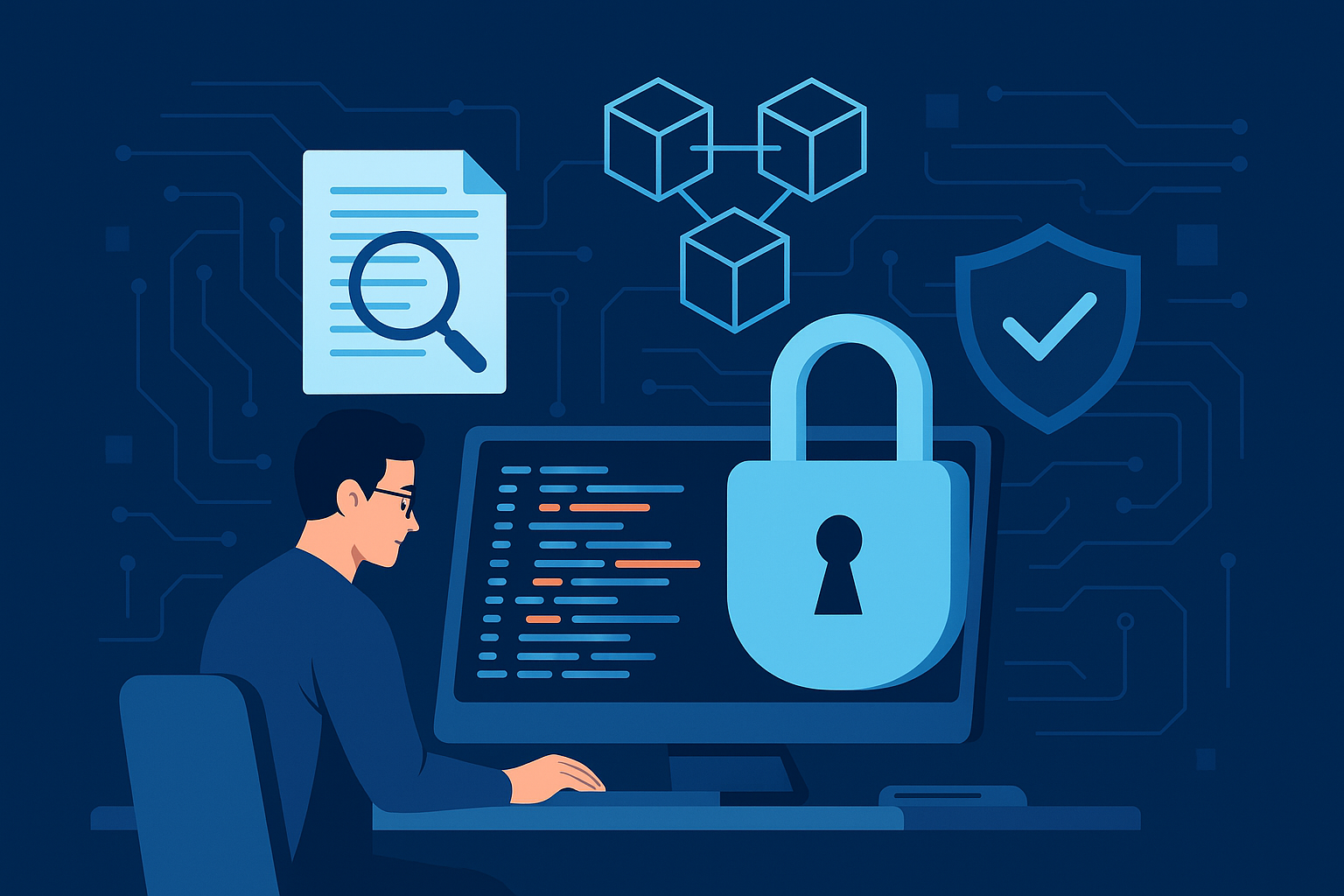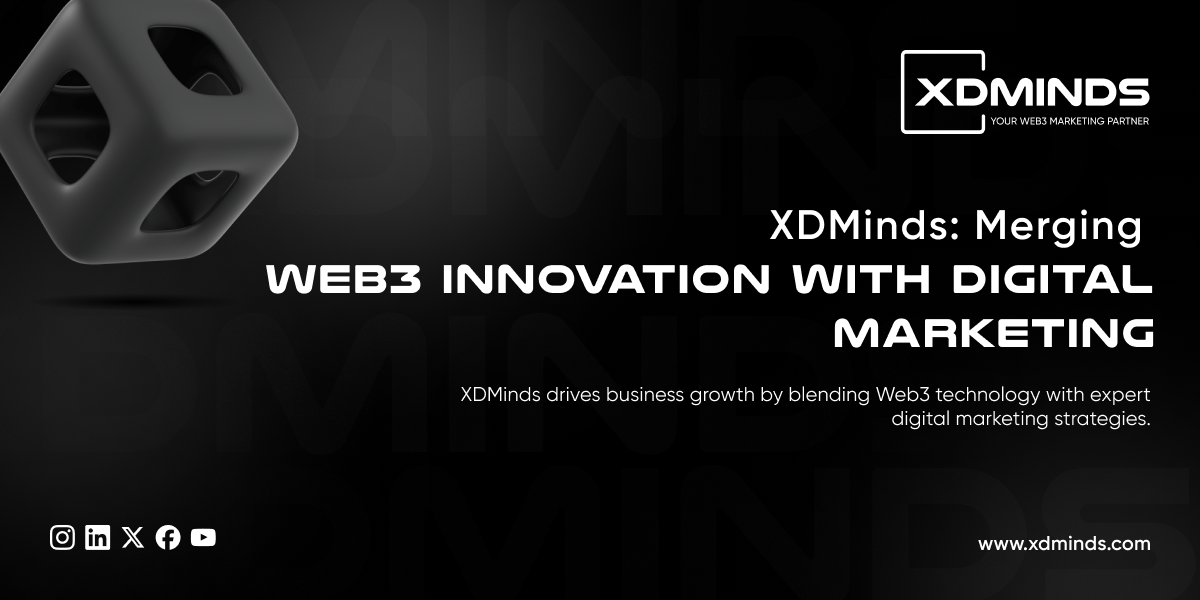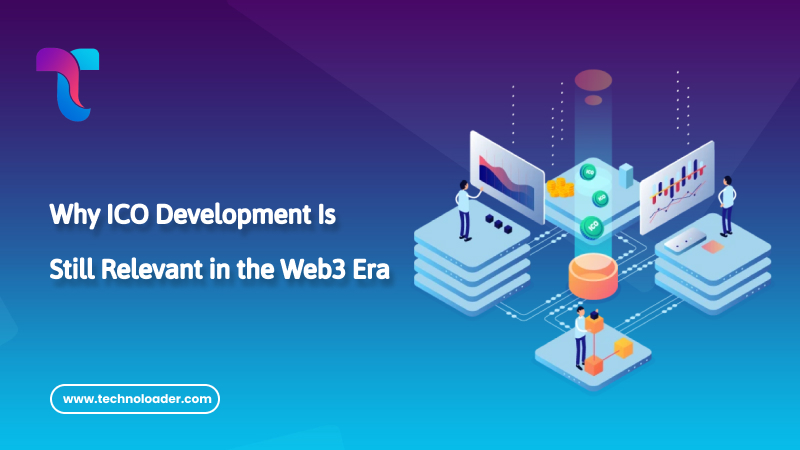How Web3 Is Changing the Internet: Decentralization, NFTs, and DAOs Explained

The internet is undergoing one of its most significant transformations yet. Moving beyond the centralized platforms and services that have dominated Web 2.0, a new era is emerging—Web3. Powered by blockchain technology, Web3 promises a more open, user-controlled, and decentralized web experience. But what exactly does that mean? And how do concepts like decentralization, NFTs, and DAOs fit into it?
✍️ Many people think Web3 is just about cryptocurrencies, but it’s far more than that. Visit our article on Web3 use cases to see how decentralized systems are transforming healthcare, gaming, identity verification, and the global economy.
What is Web3?
At its core, Web3 refers to the next generation of the internet that leverages blockchain technology, cryptography, and decentralized protocols. Unlike the traditional internet where a few big companies control most of the platforms (think Facebook, Google, Amazon), Web3 aims to give users ownership over their data, digital assets, and online identities.
In Web3:
Users can control their data and privacy.
Value is exchanged directly between peers without intermediaries.
Applications (known as dApps — decentralized apps) run on blockchains rather than corporate servers.
Decentralization: The Backbone of Web3
Decentralization means distributing control away from a single point of authority. In Web3, instead of data and content being stored on centralized servers owned by companies, they’re spread across multiple nodes on a blockchain.
Why decentralization matters:
Ownership: Users truly own their digital identities, wallets, and assets.
Censorship Resistance: No single entity can block access or manipulate content.
Transparency: Anyone can verify transactions or interactions on the blockchain.
Examples:
IPFS (InterPlanetary File System) allows decentralized storage of files.
Uniswap enables decentralized trading of cryptocurrencies without relying on a central exchange.
NFTs: Digital Ownership Redefined
NFTs (Non-Fungible Tokens) are a major breakthrough of Web3. They represent unique digital assets that are verifiably owned and cannot be duplicated.
What NFTs bring to the table:
Digital Art: Artists can mint original works and sell them directly to collectors without intermediaries.
Gaming: Players can own in-game assets like skins, weapons, and characters that have real-world value.
Identity and Access: NFTs can serve as membership cards, tickets, or proofs of ownership for exclusive communities and events.
Instead of trusting a company to maintain your digital purchases, you own them directly on the blockchain—and can resell, trade, or display them freely.
DAOs: New Models for Organizations
DAOs (Decentralized Autonomous Organizations) are internet-native organizations governed by code and community votes rather than a central leadership.
Key features of DAOs:
Governance by token holders: Members vote on proposals and decisions.
Transparency: Every transaction and rule is recorded on the blockchain.
Borderless Collaboration: Anyone worldwide can participate.
Examples:
MakerDAO manages the DAI stablecoin through decentralized governance.
Friends With Benefits (FWB) operates like a decentralized cultural membership club.
DAOs are paving the way for everything from decentralized investment funds to collective art projects and even decentralized companies.
Challenges Facing Web3
While Web3 is filled with potential, it’s not without hurdles:
Scalability: Blockchains can be slow and expensive compared to centralized services.
User Experience: Setting up wallets and interacting with dApps can be confusing for beginners.
Regulation: Governments are still grappling with how to regulate Web3 technologies.
Security Risks: Smart contract bugs and phishing attacks are real threats.
Web3 is still evolving, and solutions like Layer 2 scaling, improved UX design, and clearer regulations are actively being developed.
The Big Picture: Why Web3 Matters
Web3 represents a shift from platforms owning users to users owning platforms. It empowers individuals to take control of their digital lives—whether that means owning art, participating in decentralized governance, or building businesses without middlemen.
While we’re still in the early stages, the foundations are being laid for a new digital era where ownership, privacy, and transparency are the norms rather than the exceptions. For more information check out trendy tech info.
Note: IndiBlogHub features both user-submitted and editorial content. We do not verify third-party contributions. Read our Disclaimer and Privacy Policyfor details.







